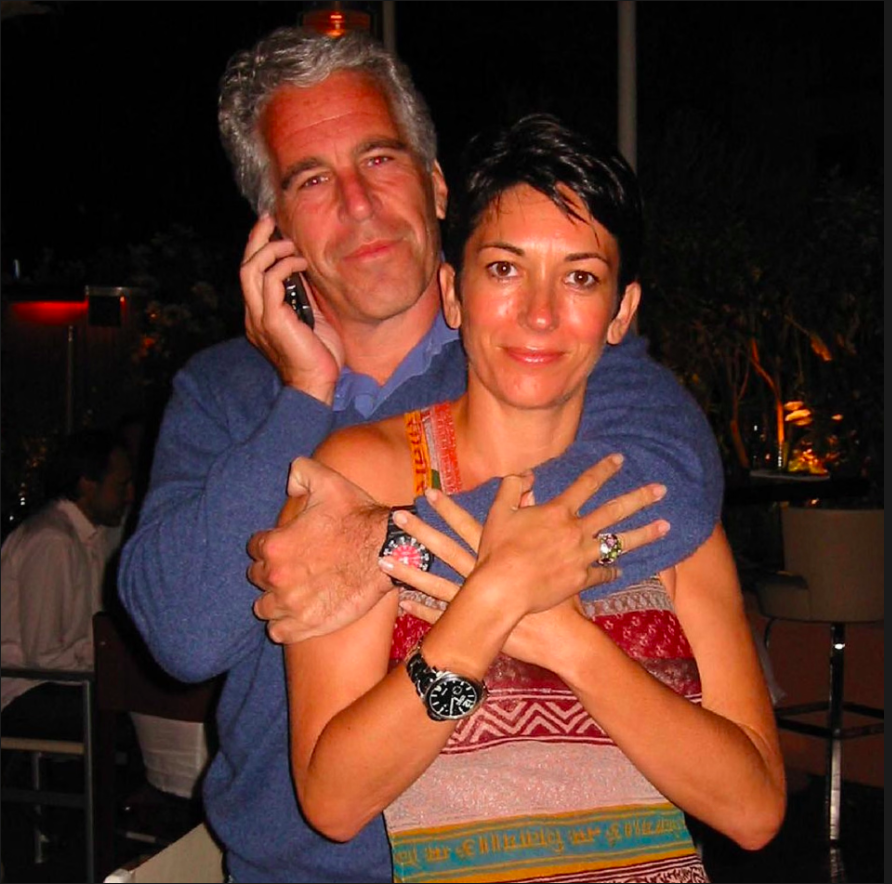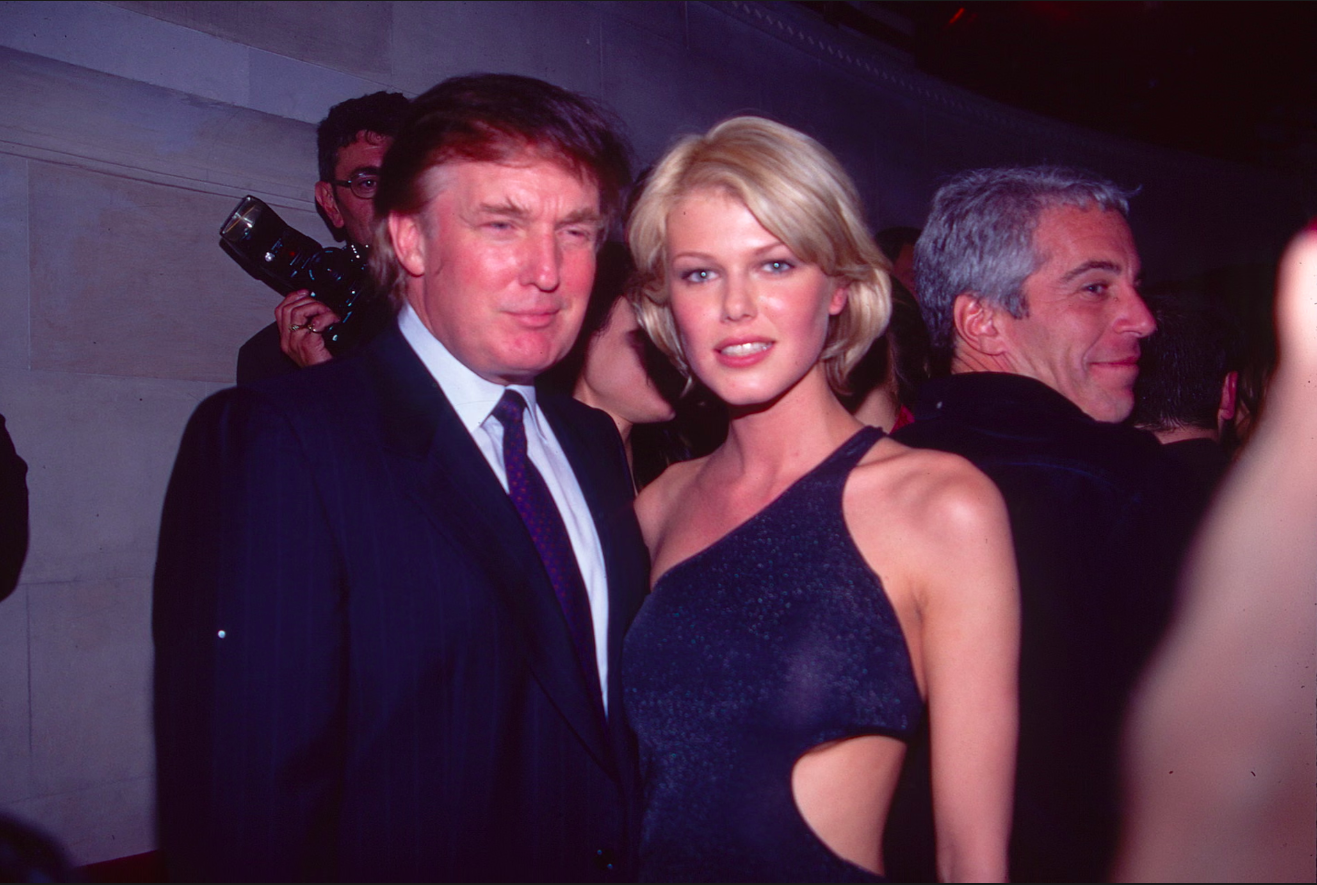The Unveiling of a Disturbing Network
In recent years, the Jeffrey Epstein case has captivated the public imagination, unraveling a web of abuse, power dynamics, and systemic failures that have shaken the foundations of trust in our institutions. The release of court documents and testimonies has pulled back the curtain on a disturbing nexus of wealth, influence, and exploitation.
Unsealed documents revealed names of individuals connected to Epstein, including Donald Trump, Prince Andrew, and former President Bill Clinton, connections that, according to The Guardian, sparked “intense scrutiny and public outrage as allegations of misconduct and association with Epstein resurfaced”.

Photograph: Thomas Concordia/Getty Images
Political Reactions and the Quest for Transparency
The scandal’s political dimensions deepened during the 2024 campaign, as President Trump promised more transparency while distancing himself from earlier ties to Epstein. However, by mid-2025, critics accused his administration of falling short. According to The Daily Beast, although the DOJ filed a motion to unseal grand jury records, “judges have demanded more justification before releasing any transcripts,” citing concerns over privacy and legal precedent.
Further controversy emerged when the Justice Department withheld vast amounts of material, including photos, videos, and hard drives seized from Epstein’s properties. As CBS News reported, the DOJ argued that these documents contained “sensitive content and victim information that could not be publicly disclosed” despite mounting public pressure for transparency.
The System of Abuse and Enablers
At the heart of the case lies a grim reality: a highly organized system of abuse, where privilege and connections were weaponized to recruit, groom, and exploit underage girls. Ghislaine Maxwell, Epstein’s close associate, was convicted in 2021 for aiding him in procuring minors. As The New York Times noted, the conviction highlighted “a broader pattern of elite impunity and systemic failures in protecting vulnerable victims”.

Photograph: US Department of Justice/PA
Global Reach and Financial Influence
Epstein’s operations spanned the globe, from Manhattan to Little Saint James, utilizing private jets, elite gatherings, and financial ties to maintain his image and avoid scrutiny. Business Insider documented “multiple properties used to facilitate the abuse, including residences in New York, Palm Beach, Paris, and a private island in the U.S. Virgin Islands”.
Maxwell’s conviction, combined with dozens of victim testimonies and civil settlements, painted a consistent picture of long-term sexual abuse. BBC News called the case “a landmark in exposing the inner workings of sex trafficking among the rich and powerful,” noting that Maxwell’s sentencing “offered some closure, but many questions remain unanswered”.
Institutional Integrity Under Scrutiny
Beyond the criminal elements, the case functions as a stress test for institutional integrity. As AP News emphasized, the government’s refusal to disclose much of the evidence has “deepened public distrust in how high-profile cases are handled when they involve elites”.
Through philanthropy, business deals, and political donations, Epstein gained access to elite circles, shielding his activities for years. The Atlantic argued in 2019 that “Epstein’s wealth served not only as a means of indulgence but also as a strategic tool to manipulate systems designed to hold people like him accountable”.
Even in 2025, the struggle over disclosure continues. The Washington Post reported that the DOJ’s so-called “Phase 1 release” included redacted flight logs and summary records but failed to deliver the kind of transparency victims and advocates were hoping for.
Final Thoughts
The Epstein case is more than a criminal scandal—it is a mirror held up to our systems of justice, accountability, and transparency. It calls on all sectors—government, media, and civil society—to demand better.
It also underscores the resilience of survivors, the courage of investigative journalists, and the collective responsibility of the public to ensure that such systemic failures are not repeated or ignored. As we move forward, confronting these uncomfortable truths is essential to building a more just and equitable society.
